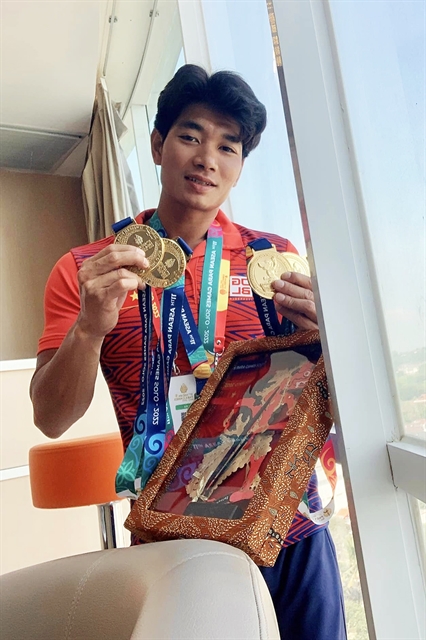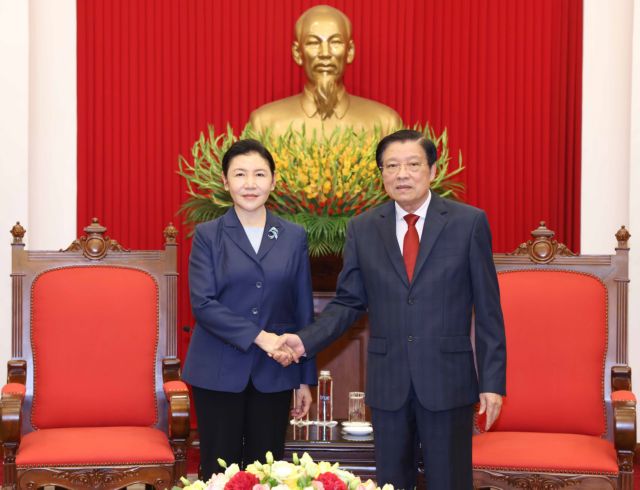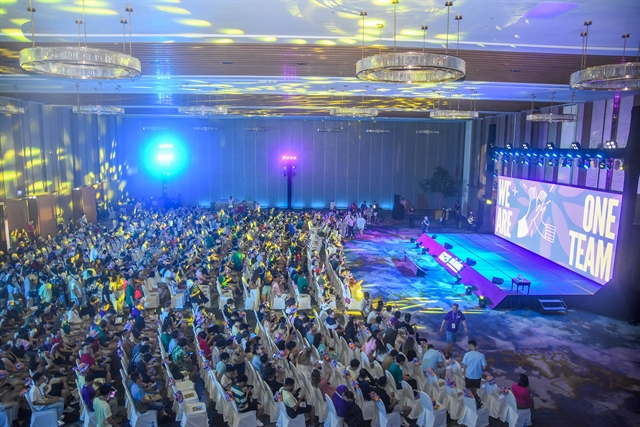 Life & Style
Life & Style
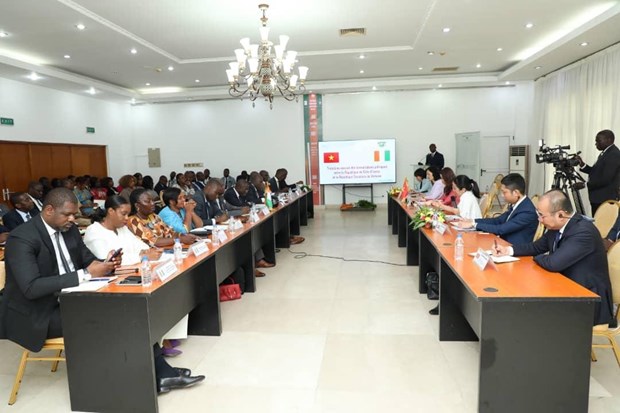
Within a month of treatment, the pain that Nguyễn Tuyết Hạnh had tolerated after a bad fall began to diminish greatly, thanks to treatment from a volunteer physical therapist from Japan.
 |
| Imparting wisdom: Wakamiya Akiko (black shirt), a volunteer physical therapist from Japan, explains therapeutic techniques to Vietnamese and Japanese colleagues. - Photo provided by Wakamiya Akiko |
Gia Lộc
CẦN THƠ – Within a month of treatment, the pain that Nguyễn Tuyết Hạnh had tolerated after a bad fall began to diminish greatly, thanks to treatment from a volunteer physical therapist from Japan.
With skillful and gentle movements, Wakamiya Akiko, 29, of Japan had helped improve the strength and mobility of the 61-year-old’s injured shoulder.
Hạnh, who is from the Mekong Delta city of Cần Thơ, said that she had decided to visit Cần Thơ General Hospital after the pain began to get worse two months after the fall.
A doctor at the hospital prescribed medicine and asked her to see a physical therapist daily until the pain disappeared.
Akiko, who has been working at the hospital’s physical therapy and rehabilitation department since May last year, conducted an initial evaluation of Hạnh, asking about the nature of her pain. She then chose an appropriate therapeutic modality.
Akiko is working with the Japan International Cooperation Agency’s programme called Japan Overseas Cooperation Volunteers (JOCV), which has provided technical assistance in developing countries since 1965.
Whenever Akiko meets Hạnh, she is friendly, and during therapy, she always checks to see if Hạnh is in pain.
“She was really enthusiastic treating my shoulder injury. She also told me about physical exercises that I can do at home,” Hạnh said.
Hà Thị Minh Châu, a physical therapist at the department, said: “Akiko has a lot of experience in evaluating patients’ pains and injuries and choosing the right therapeutic modality.”
Patients with a spinal cord injury, for example, are advised to pick up objects on a table to improve the strength of their arms and hands after they begin to walk, Châu said.
Although these exercises had been taught at university, Châu said the therapists “had not paid attention” to them until Akiko began working there.
“We started to change our mindset and pay more attention to such exercises,” she added.
Based on Akiko’s experience, Châu has learned that patients should try to become independent and do exercises so they can better integrate into society.
Akiko, who worked for six years at St Marianna University Hospital in Japan, said that patients who have ligament injuries should begin exercising before and after surgery.
“This was new for us” as exercise was recommended after surgery only, Châu said.
Ngô Thị Lanh, head of the team of physical therapists in the department, said: “Akiko is very studious and works with her heart.”
She is friendly with colleagues and has adapted well to working and living condition in Việt Nam, Lanh added.
Asked why she chose Việt Nam, Akiko said that she liked the country and wanted to help improve the quality of healthcare.
“I want patients to receive better care and recover more quickly,” Akiko said.
While physical therapy is important for patients who have had a stroke or surgery, it also helps prevent complications in patients who have other conditions.
“Although the climate here is hot, which is uncomfortable for me, I still like working at a Vietnamese hospital. I feel happy working here,” Akiko said.
At the hospital, Vietnamese colleagues help Akiko with working and living issues, while Lanh assists her with Vietnamese, which she studied prior to coming to work, so she can communicate more easily with patients.
JOCV provides volunteers with technical skills an opportunity to experience the joy of discovery and creation through technical cooperation, according to the organisation.
Cooperation is provided in agriculture, forestry and fishery, processing, maintenance and operation, civil engineering, public health care, education, culture and sport.
The programme’s volunteers, aged 20 to 39, spend two years involved in cooperation activities and living and working with people in the community.
Since 1995, JOCV has placed more than 500 Japanese volunteers in provinces and cities throughout the country. — VNS
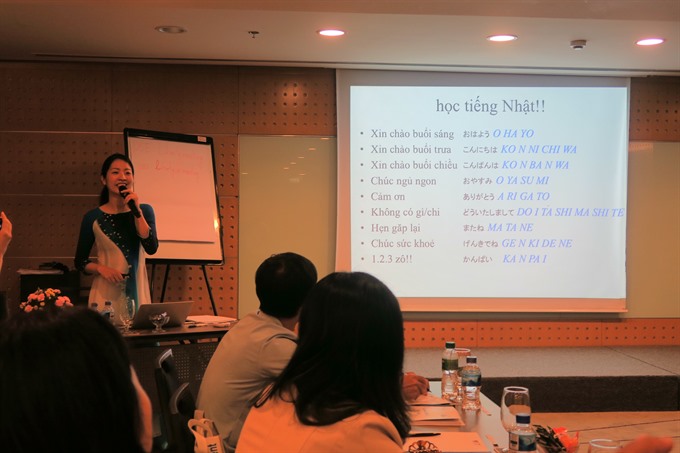 |
| Global teacher: Physical therapist Wakamiya Akiko, wearing an áo dài, the traditional Vietnamese dress, teaches greetings in Japanese to her Vietnamese colleagues. Photo provided by Wakamiya Akiko |
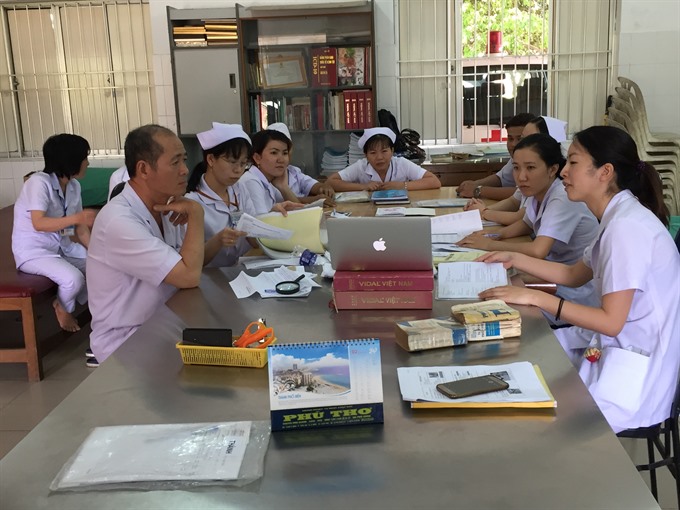 |
| Table of healers: Wakamiya Akiko (first right), a volunteer physical therapist from Japan, speaks with Vietnamese colleagues in the physical therapy-rehabilitation department at Cần Thơ Central General Hospital. Photo provided by Wakamiya Akiko |
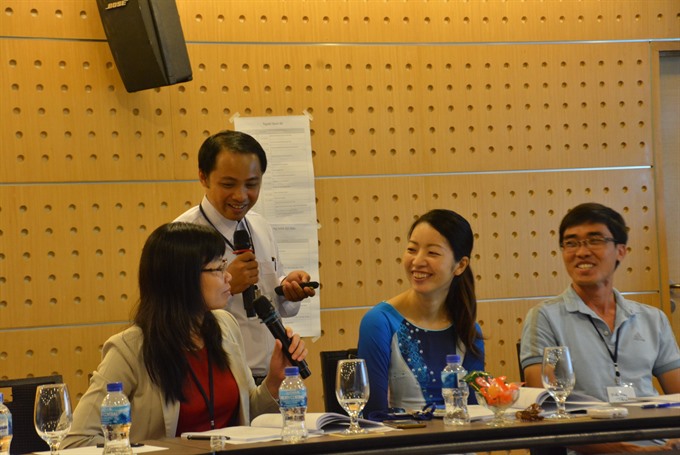 |
| Happy to learn: Wakamiya Akiko (middle), wearing an áo dài, the traditional Vietnamese dress, with her Vietnamese colleagues. Photo provided by Wakamiya Akiko |

